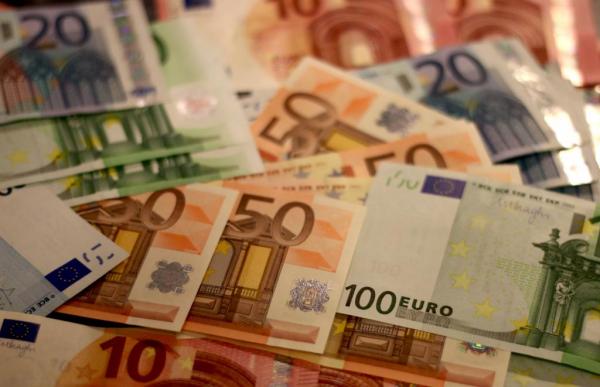By Lyndsey Hall
Financial experts are concerned about the health of the euro, with some even predicting that this year the relatively new currency will fall to between $1.20 and $1.30, down from its current exchange rate of $1.38. Bill O’Neill, head of investment research UK at UBS Wealth Management, says “We think this is the year the euro will crack; it will weaken.”
O’Neill believes that the European Central Bank (ECB) will make another base rate cut, and could even introduce a negative deposit rate if the euro falls.
With the European sovereign-debt crisis, which has been ongoing since early 2009, and the troubled economies of Greece, Ireland and Spain, the euro has fallen in the past, even dropping below $1.21 in July 2012 for the first time in 2 years. But it has always bounced back, thanks to countries with stronger economies like Germany and the Netherlands, and has been continuously trading above the US dollar since the end of 2002.
The euro is currently the 7th strongest currency in the world and is the official currency of the Eurozone, which comprises 18 countries of the 28 member states of the European Union, including France, Spain, Ireland, Greece, Portugal and Italy. It was first introduced to world financial markets as an accounting currency in 1999, replacing the former European Currency Unit (ECU). However, euro coins and banknotes did not enter circulation until 2002. Nowadays, the euro is the second largest reserve currency and the second most traded currency in the world, after the US dollar.
The currency sign for the euro, €, according to the European Commission, is itself a symbol of stability. The shape derives from both the Greek epsilon (ε), which refers to the ‘cradle of European civilisation’, and the first letter of the word Europe. The two parallel lines that strikethrough the shape suggest the stability of the euro.
What are your thoughts on the strength of one of the world’s youngest currencies? Do you think adopting the euro has been a positive or negative change for most of Europe? Let us know your thoughts in the Comments, or on Facebook and Twitter.
If you liked this article, you may also like:



